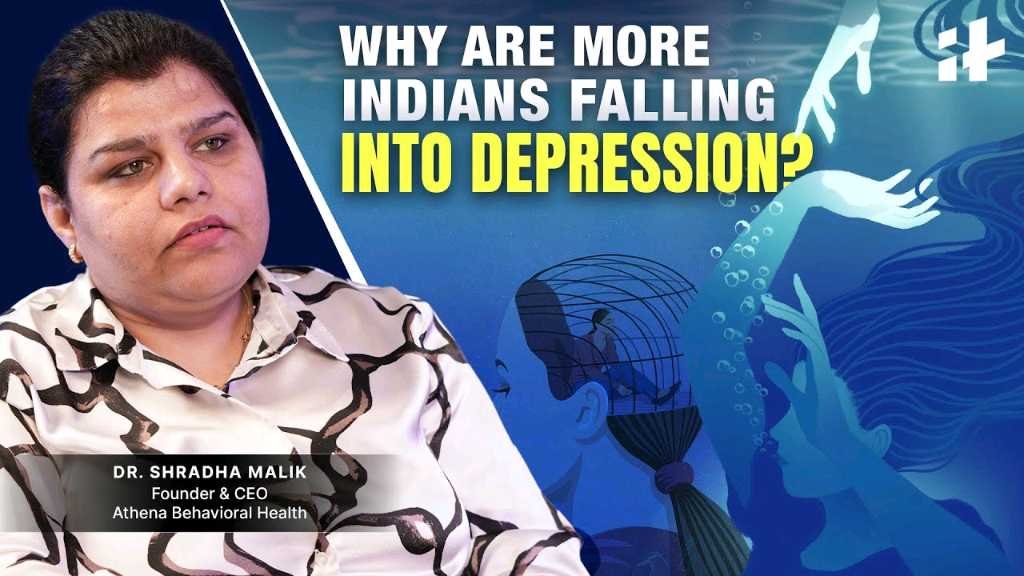Call Us Now
+91 9289086193
Welcome to Athena Behavioral Health: A Leading Chain of Mental Health Hospitals and De-addiction Rehab Centers Across Delhi, Gurgaon, and Noida
- Empathy-Driven Care: Our treatment begins with listening. Every concern is acknowledged, every story heard—with compassion and without judgment.
- Patient-Centered Healing: We don’t just manage symptoms; we aim for complete emotional, psychological, and behavioral healing.
- Dignity & Respect: Each individual is treated with the utmost respect, ensuring a safe, non-triggering environment conducive to recovery.
- High Staff-to-Patient Ratio: With more clinical staff per patient, care is personal, prompt, and deeply attentive.
- Therapy as a Cornerstone: While medication plays a role, therapy is the backbone of our treatment—addressing root causes, not just surface symptoms.
- Single-Room Accommodations: Designed to minimize exposure to the behavioral issues or triggers of other patients, especially during vulnerable night hours—reducing emotional distress, conflicts, and the risk of setbacks.
- Family as Partners: We actively involve families in the treatment process, strengthening recovery and support systems beyond the facility.
- Gender-Sensitive Facilities: Exclusive spaces like Athena Okas ensure comfort, safety, and privacy—especially for women.
- 24x7 Psychiatric Support: A psychiatrist is always available onsite to handle any emergencies or critical interventions—day or night.
- Tailored Programs for Working Professionals: Discreet, customized care paths for those balancing recovery with professional life.
- Proven Success Rates: Our outcomes speak for themselves—Athena consistently delivers one of the highest success rates in the country. `
Support That Matches Your Needs - Explore Our Treatment Offerings
Athena Behavioral Health is dedicated to transforming lives by providing top-tier mental health care and rehabilitation services. Being the best mental hospital in Gurgaon, we assure highly personalized treatment to a wide range of mental health concerns, including depression, bipolar disorder, borderline personality disorder, and schizophrenia.
Patient Stories
Government Licensed & NABH Accredited
Cashless Empanelled by Major Insurance Companies
News Room

































